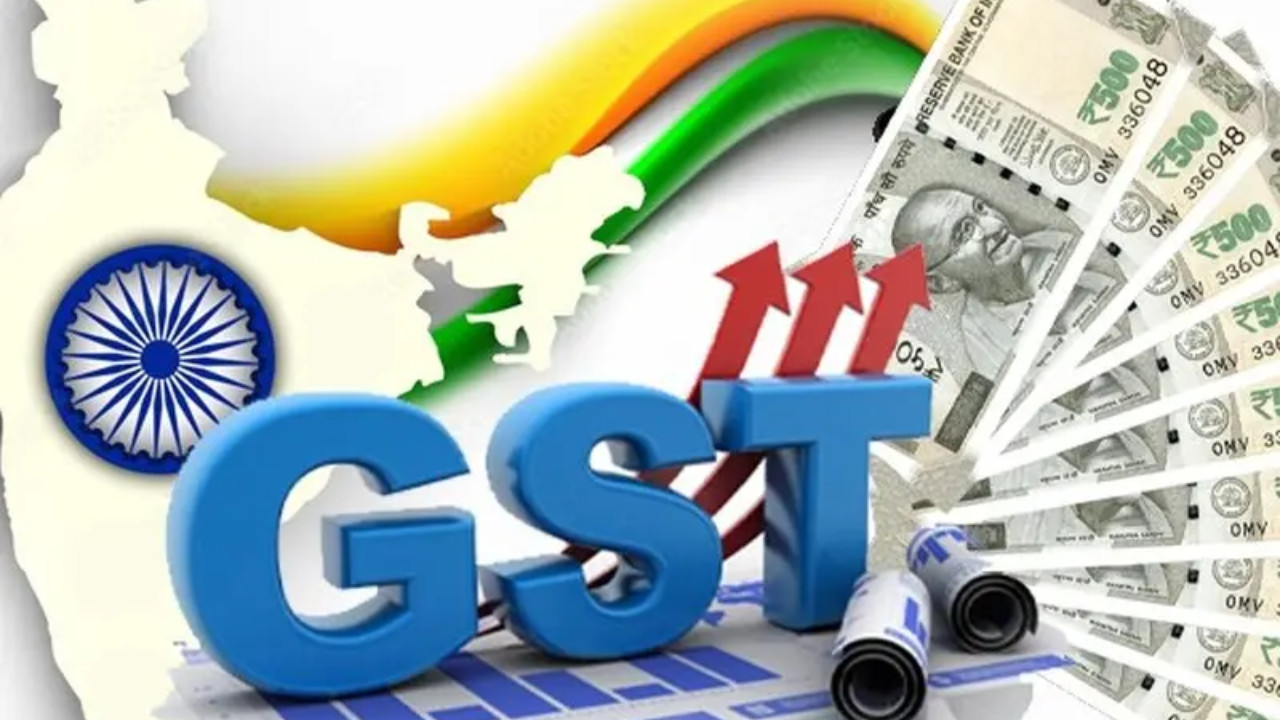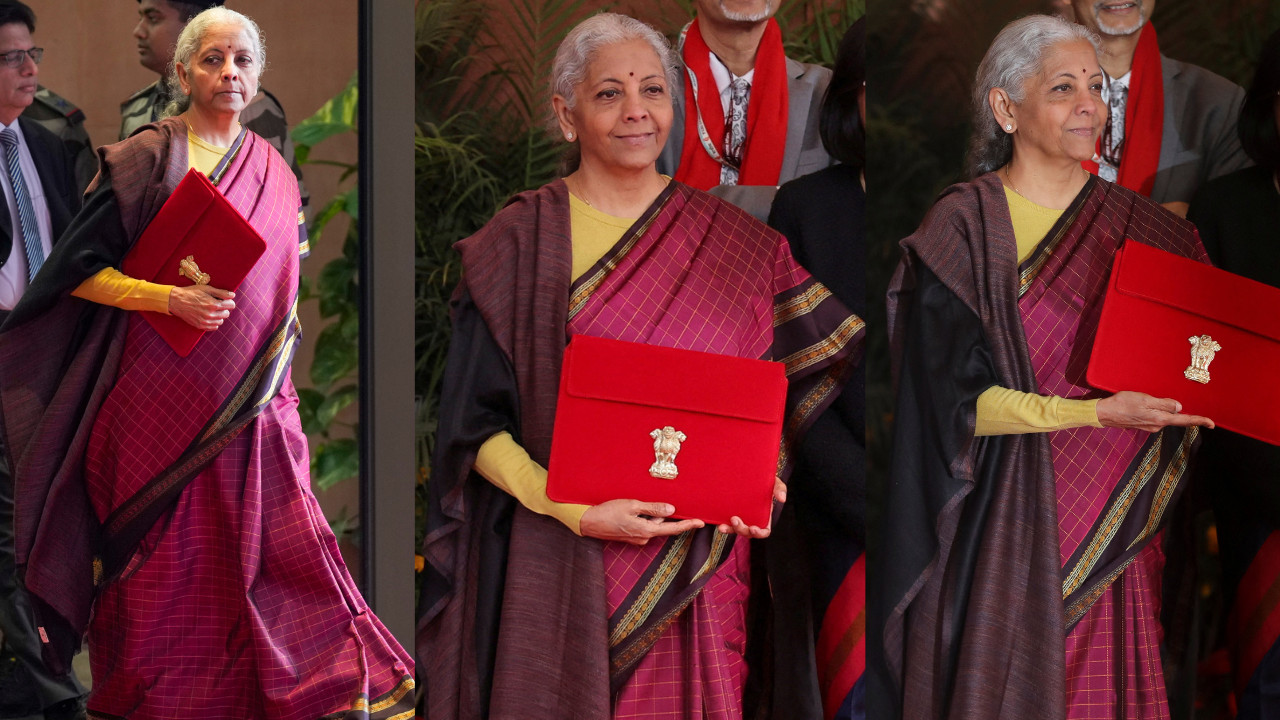Bajaj & Allianz: A Tidy Breakup (And What It Means for the Future)
Okay, let’s talk business, but the interesting kind. You know, the kind where big names shift, strategies pivot, and everyone’s left wondering, “What happens next?” The buzz right now is all about Bajaj Group. They’ve just gotten the green light from the Competition Commission of India (CCI) to buy out Allianz’s stakes in their insurance joint ventures. We’re talking a hefty ₹24,180 crore price tag. That’s a lot of rupees changing hands.
For years, Bajaj Allianz Life Insurance and Bajaj Allianz General Insurance have been powerhouses in the Indian market. These weren’t just collaborations; they were deeply intertwined ventures. Allianz brought their global expertise, their deep understanding of risk management, and a proven track record of innovation to the table. Bajaj, on the other hand, provided the local know-how, the established distribution networks, and the invaluable insight into the Indian consumer. It was, on paper, a recipe for success, and by all accounts, it delivered.
So, why the split? Well, that’s where things get a bit more nuanced. Often, partnerships like this have a natural lifespan. Companies grow, their strategic priorities evolve, and sometimes, those paths diverge. While neither side is explicitly stating the reasons behind the move, industry watchers (myself included!) are speculating about a few key factors.
One possibility is simply a difference in long-term vision. Allianz, as a global player, may have desired a more aggressive growth strategy, potentially involving expansion into new areas or a different approach to product development. Bajaj, deeply rooted in the Indian market, may have preferred a more measured, organic approach. These subtle differences can, over time, become significant points of contention.
Another factor could be the changing regulatory landscape in India. The insurance sector is becoming increasingly competitive, with new players entering the market and existing ones innovating at breakneck speed. Navigating this complex environment requires agility and the ability to make quick decisions. Perhaps Bajaj felt that having complete control would allow them to respond more effectively to these market dynamics.
Of course, there’s always the possibility of internal restructuring within either organization. Allianz, for example, might be looking to streamline its global operations and focus on specific markets or product lines. This acquisition allows them to redeploy that capital strategically elsewhere, perhaps into emerging technologies or high-growth regions.
Regardless of the precise reasons, the impact is undeniable. Bajaj Group now has full ownership of these insurance giants. This translates to greater autonomy, the ability to implement their own strategies without external constraints, and potentially, a more streamlined decision-making process.
What does this mean for you, the consumer? Well, in the short term, probably not a whole lot. The Bajaj Allianz brand is strong, and the existing policies and services are likely to continue as usual. However, in the long run, this change could lead to some interesting developments.
We might see Bajaj double down on its focus on the Indian market, tailoring its products and services even more closely to the needs of local consumers. They could also become more aggressive in their expansion plans, leveraging their complete control to capture a larger share of the market.
Personally, I’m betting we’ll see a renewed emphasis on digital innovation. The Indian insurance market is ripe for disruption, with a growing number of tech-savvy consumers demanding seamless online experiences. Bajaj, now unburdened by the complexities of a joint venture, has the opportunity to lead the charge in this area. Think more personalized products, AI-powered customer service, and innovative ways to engage with customers through digital channels.
There’s also the potential for Bajaj to explore new product lines and distribution channels. Could we see them venturing into microinsurance for underserved populations? Or partnering with fintech companies to offer insurance products through innovative platforms? The possibilities are endless.
Ultimately, this acquisition represents a significant moment for both Bajaj Group and the Indian insurance industry. It’s a testament to the growing maturity of the Indian market and the increasing confidence of local companies to compete on a global stage.
The road ahead undoubtedly holds its own set of challenges. Integrating Allianz’s expertise and technology while maintaining the brand’s existing reputation and customer base will require careful planning and execution. And navigating the competitive landscape will demand constant innovation and adaptability.
But one thing is certain: Bajaj Group is now in the driver’s seat. The breakup with Allianz signals a new era of growth, opportunity, and ultimately, greater control over their destiny in the Indian insurance market. Keep your eyes peeled – this is one story that’s just getting started.
📬 Stay informed — follow us for more insightful updates!







